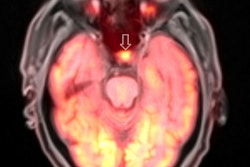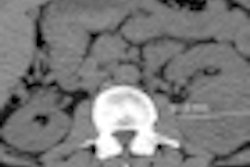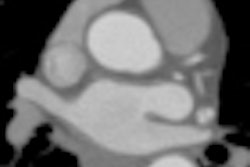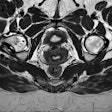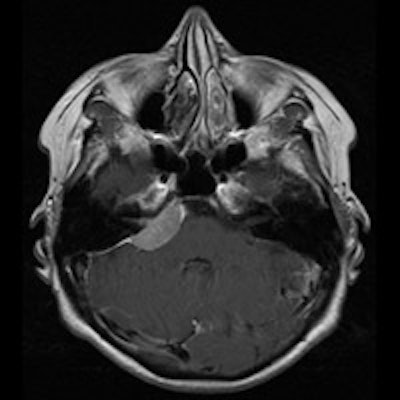
Incidental findings -- also known colloquially as "incidentalomas" or findings that are discovered unintentionally -- are on the rise around the world. Only about 1% of these findings are harmful to the patient, but still, in 1% of patients they're a problem, so what's a radiologist to do about them?
"People order CTs, MRIs, for a specific reason and we interpret those, and we see something that has nothing to do with the reason for the exam, but nevertheless, we see something that strikes us as a possible abnormality. That's an incidental finding," said Dr. Leonard Berlin, from Rush University and the University of Illinois, Chicago.
Incidentalomas are a relatively new phenomenon that account for approximately 15% to 20% of all findings. This is primarily because, for instance, the number of CT scans has shot up from around 3 million in 1980 to around 80 million in 2012 over the past decade in the U.S., he added. Due to the population increasing and getting older, the frequency of incidentalomas is only going to rise, he added. Beyond that, there's also a sophistication issue; the technology around the world has become more sensitive, so radiologists see things today they didn't 15 years ago.
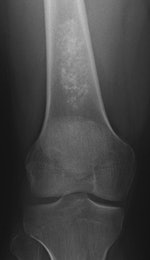
"What do we do? We know statistically, the likelihood of something being significant to the patient is extremely remote," said Berlin, who will argue at today's session why he thinks it's a good idea to ignore incidental findings. "On the other hand, in 1% of the cases, maybe it is a problem. But if we report every one, what happens?"
If a radiologist spots a questionable abnormality in the kidney, for instance, the patient will be subjected to more tests and anxiety. Tests can lead to biopsies, which can lead to surgery, and surgery has its own complications. And it's possible all of that anxiety, time, and money will bring no benefits and might even end up causing the patient more harm, particularly if the surgery doesn't go well. Should the information be withheld or not?
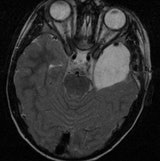
Dr. Aad van der Lugt from the department of radiology at Erasmus Medical Center in Rotterdam, the Netherlands, will present reasons why incidental findings should be reported. From Berlin's perspective though, radiologists must be very careful what they call. They have to put the welfare of the patient first.
Most people want to be informed of something that's important to them, and if radiologists are adhering to the American Medical Association (AMA) code of ethics, or the ethics of any of the other societies, they all say it's the physician's obligation to present the medical facts accurately to the patient. Moreover, all relevant medical information should be disclosed.
"That's the key word: relevant," Berlin noted. "It's in the eye of the beholder, what's relevant and what's not relevant, and that depends on the individual radiologist."
His advice is to consider whether the finding has a reasonable likelihood of being abnormal, in which case, mention it. If there's no reasonable likelihood the finding is abnormal, don't mention it. It's the findings that fall between those two extremes that are most worrisome.
According to Berlin, "In those cases, ... I would say something to the effect of 'a nonspecific density is noted in the kidney, although its cause is indeterminate, the likelihood that it represents a serious finding is thought to be extremely remote.' That's what I would recommend when there's something that we don't think is significant, but we feel that it's just remotely possible, that it's something so mention it, but give our opinion and our opinion being the likelihood we think this is serious is remote. And then it's up to the patient and up to the doctor about what they're going to do."
Session moderator Dr. Sabine Weckbach, from the diagnostic and interventional radiology department at the University Hospital Heidelberg in Germany, echoes those sentiments. "The best approach to look at incidental findings is to have certified and specially trained radiologists that are aware of all the consequences of reporting these findings," she said
The medical community is becoming more and more aware of the underlying ethical problems and questions surrounding incidentalomas, Weckbach said.
"Large cohort studies are conducted in Europe right now, and one major point for their success will be a thoughtful and responsible handling of incidental findings," she said. "I am sure that in some years more and more groups will work on clear position statements within a defined ethical framework, evidence-based policies for the thoughtful management and feedback of incidental findings, and practical guidance for research ethics committees."
Originally published in ECR Today on 2 March 2016.
Copyright © 2016 European Society of Radiology




